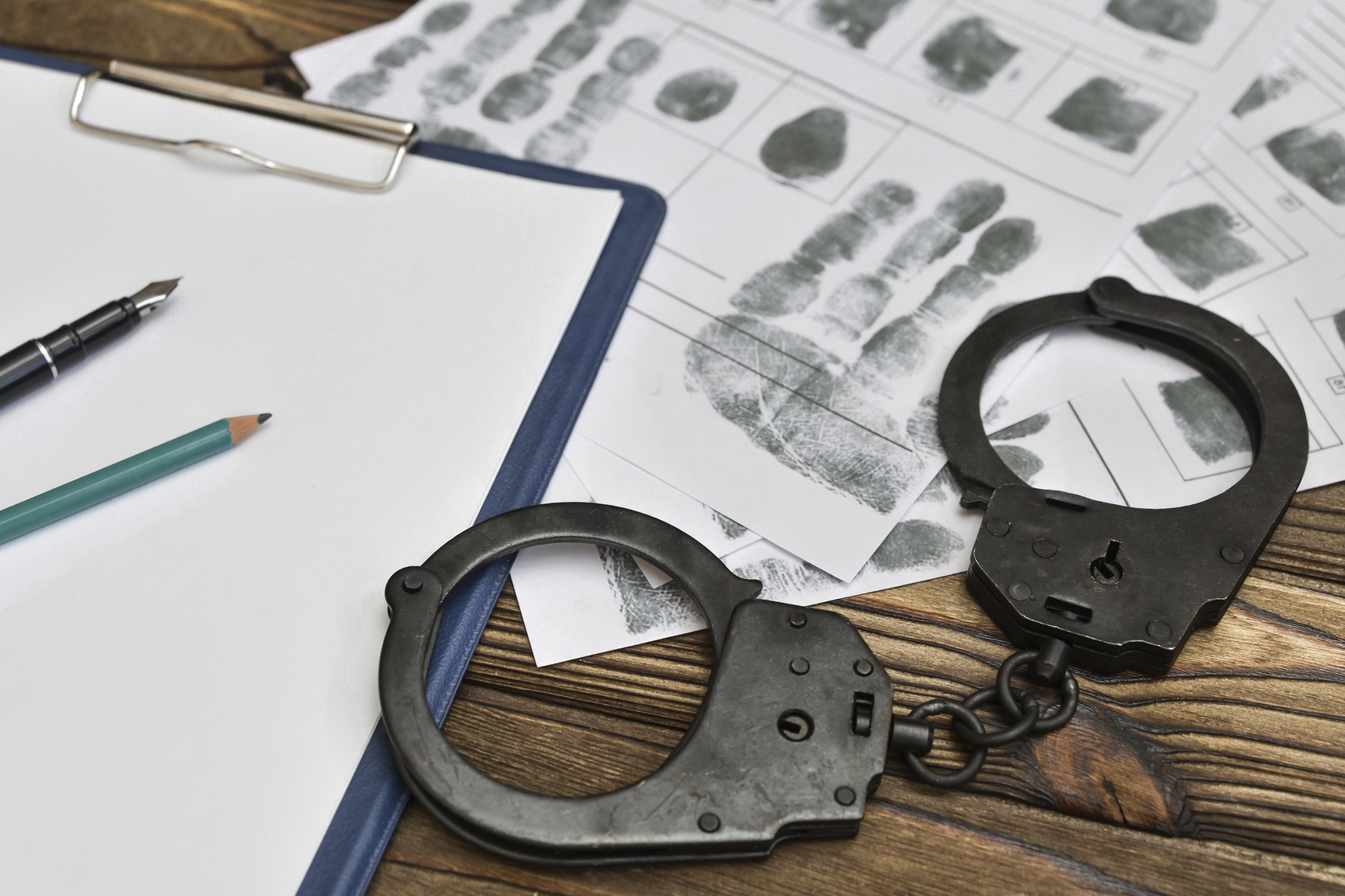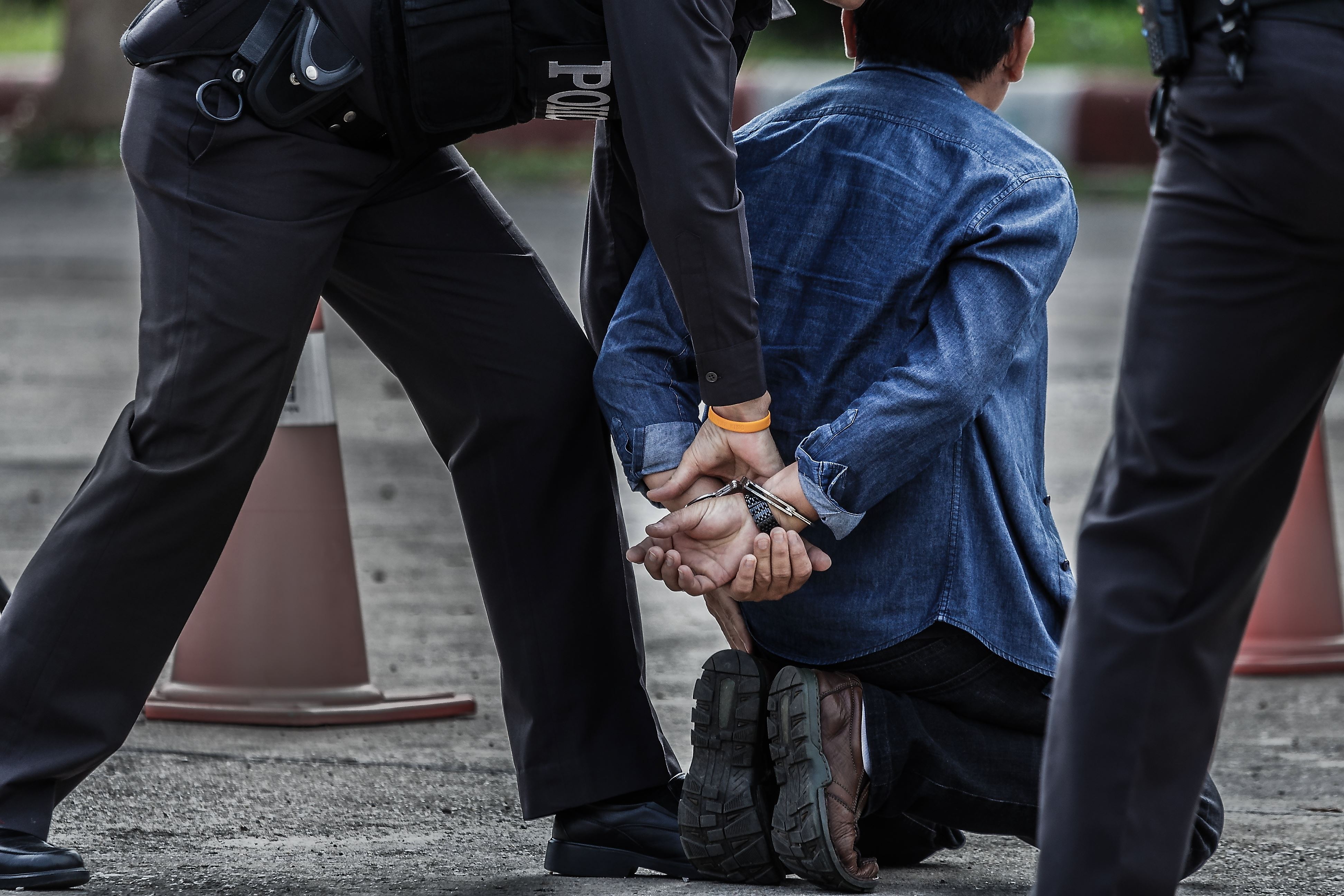Have you ever wondered what happens when someone gets arrested? Knowing the process of getting arrested can be essential knowledge for both potential victims and those accused of a crime.
This comprehensive guide provides an overview to help you understand and navigate the steps involved in being taken into custody.
From understanding your rights and learning about bail to navigating an arraignment hearing, this article covers all aspects of the arrest procedure.
We cover common questions such as “What do I need to know before going to court?”, “How long will I have to stay in jail?”, and much more! With this information at hand, readers can gain insight into their situation or plan if they face criminal accusations in the future.
Pre-Arrest Considerations

Before an arrest, several considerations should be taken into account. Most importantly, it is important to understand the laws in your local area and abide by them as much as possible.
Knowing when a person can legally be arrested and what rights you have if you are arrested can help ease any tension or fear about being placed under arrest. It is also important to know how law enforcement interacts with citizens and what steps must be taken during an arrest process.
Understanding these matters beforehand will ensure that any potential issues related to an arrest can be avoided or minimized. Additionally, if the legal representation has been obtained before getting arrested, then a lawyer may guide the best way forward depending on the situation at hand.
Finally, having contact information for family members or friends who could assist after an arrest is beneficial just in case further support is needed following a detainment.
Overview of the Arrest Process
The arrest process is a difficult and complex one. It can involve many different legal steps, from the initial apprehension to the determination of guilt or innocence in court proceedings.
This comprehensive guide will provide an overview of what happens when someone is arrested, including how law enforcement officers make arrests, their rights and responsibilities during an arrest, and the criminal justice system’s role in determining guilt or innocence.
Additionally, this guide provides information on what comes next after an arrest has been made: whether it be arraignment hearings, bail hearings, pre-trial conferences, or other post-arrest judicial proceedings.
By understanding each step of the process more fully – from being taken into custody to being released from jail – individuals can better prepare themselves for any eventuality that may arise during an arrest situation.
Understanding Your Rights During an Arrest
It is important to understand your rights during an arrest. Knowing the proper procedures can help ensure a smooth and efficient process, while also protecting your legal rights throughout.
It is important to know that all people have certain rights when they are arrested, regardless of their citizenship status or criminal history.
These include the right to remain silent, the right to be informed of charges against them, and the right to ask for an attorney if needed. Additionally, those who are arrested should be aware of their Miranda Rights which provide protections from self-incrimination under the Fifth Amendment to guarantee fair treatment by law enforcement officers.
Being familiar with these basic rights will help you navigate through any potential issues associated with being taken into custody by police officers or other law enforcement officials.
The Actual Process of Being Taken Into Custody

Once the decision to arrest a person is made, they are taken into custody and transported to police headquarters or jail. At this point, an officer will read them their rights as outlined in the Miranda Warnings.
Following that, officers may search the suspect for any weapons or evidence; this includes searching pockets and bags. The individual may also be asked questions about the alleged crime while being detained.
These questions are designed to elicit more information about what happened leading up to and during the incident. The arrested person then has their fingerprints taken along with a mugshot photo which serves as identification should they need it in court at some future date.
In many cases, when someone is arrested on suspicion of committing a minor offense such as disorderly conduct or public intoxication, they can avoid going through an official booking process if they agree to pay bail money upfront – usually set by law enforcement personnel based on state regulations.
Otherwise, individuals get booked formally into jail where an inventory of all personal property is conducted before entering jail cells and awaiting trial dates from within incarceration facilities.
Post-Arrest Procedures and Consequences

After an individual has been arrested, there are several post-arrest procedures and consequences that the person may face. Depending on the jurisdiction, law enforcement may take the arrested individual to jail for booking or process them at the scene with a citation release.
During processing, law enforcement will check for any outstanding warrants and collect personal information from the arrestee such as name, age, address, etc., which is then documented in their records.
In most cases, an initial hearing must be held soon after someone has been arrested to determine if they should remain in custody or can be released pending trial.
At this hearing, a judge decides whether bail needs to be set or denied based on factors such as the risk of flight or danger posed to public safety. If bail is granted and paid it allows individuals who have been accused of low-level offenses to remain free while awaiting trial but failure to appear could result in revoking of bail and a warrant issued for their arrest.
For those individuals found guilty by court proceedings, they may face various forms of punishment including fines and incarceration depending on the severity of the crime committed.
In addition, some jurisdictions offer alternative sentencing options such as community service or probation that allow offenders to serve sentences outside prison walls while still being closely monitored by authorities throughout the duration sentence period set forth by the court system.
Conclusion

Getting arrested is a frightening and confusing experience. While it’s important to understand the process of getting arrested, it’s also helpful to know what you can do if you or a loved one gets arrested in Tampa.
If you need help understanding the legal system and navigating the process, reach out to an experienced bail bond agency such as Tampa Bail Bonds for assistance.
By knowing how arrests work and who to call for help, you can make sure that your rights are respected throughout the process.





